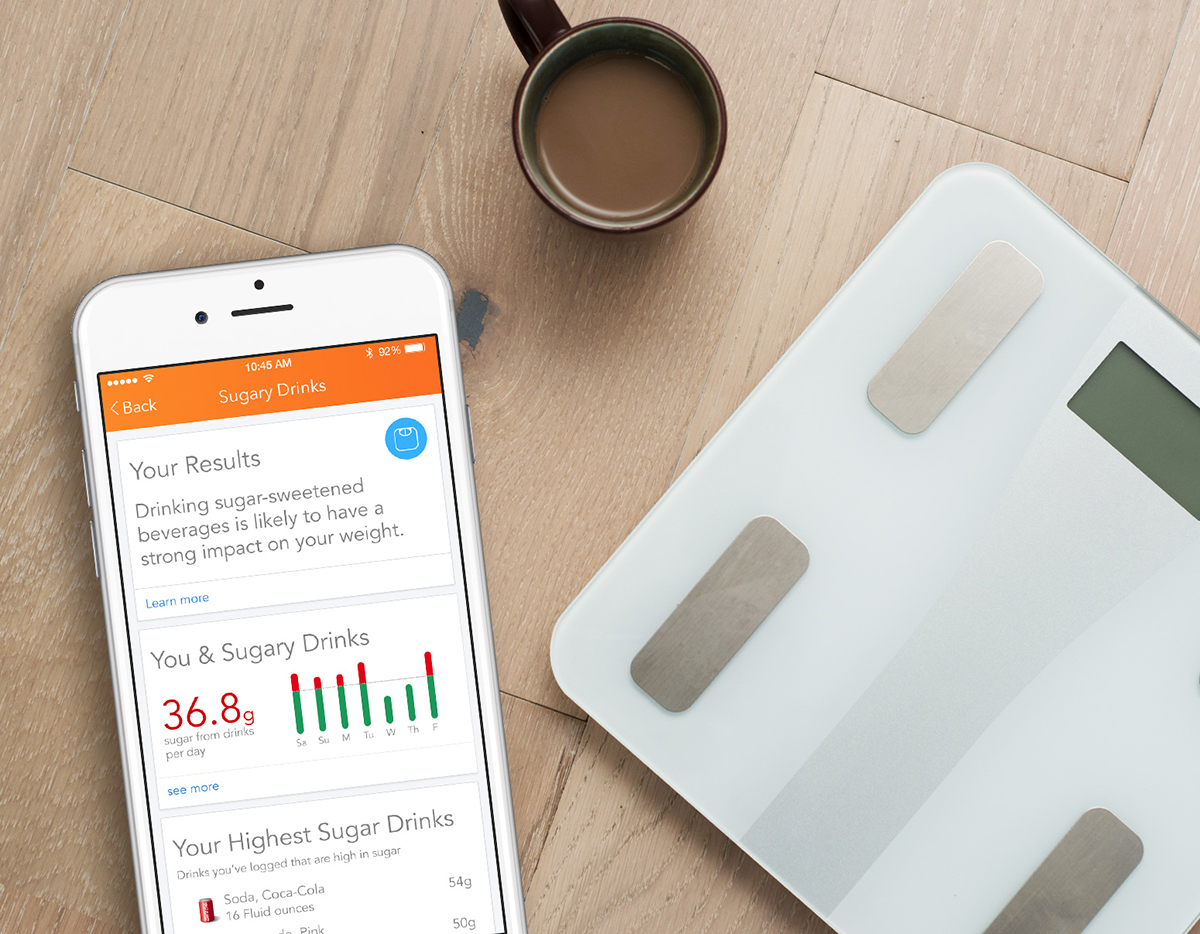Your Genes May Help You Lose Weight

EmbodyDNA/Photo provided
Ask just about any nutritionist what we should be eating, and she’ll say the same thing: It depends. Some people feel great when they cut out carbs; others feel tired and hangry. You love a vegan diet, while your husband favors Paleo. It’s all highly individualized—which can be terribly frustrating, and confusing, for those looking to make a change.
Boston-based nutrition tracking app Lose It is trying to ease that frustration with a new functionality called EmbodyDNA. The add-on promises to use genetic insights to optimize your weight loss efforts and tell you, once and for all, what you should be eating.
“Now we can go another level deeper,” says Senior Vice President of Business Development Kevin McCoy. “It doesn’t get much more personal than your genetics.”
EmbodyDNA is a partnership between Lose It and consumer genome sequencing company Helix. Customers purchase a $190 Helix DNA kit, send a saliva sample off for sequencing, and wait six to eight weeks for results. During that time, Helix will analyze your exome (your protein coding genes) and other parts of your genome. McCoy says the results, which can be seen right in the Lose It app, will reveal genetic traits related to weight loss, fitness, nutrition, and food sensitivity.
Those results, in theory, would tell you about, say, whether you’re sensitive to gluten, or what you should eat (or avoid) to lose weight. McCoy says there are markers that tell you how you react to sugary beverages, saturated fat, physical activity, certain vitamins and minerals, low-fat diets, and more. Using sweet drinks as an example, he says, “Drinking a lot of sugary beverages actually isn’t a great idea in general, but if you have the marker you should really stay away from it.”
Cracking the diet code with a simple saliva test sounds too good to be true—and, indeed, it may be. While consumer DNA companies are popping up all the time, scientists are quick to point out that many of their promises are lofty.
“You have to know, this is like the stuff you see on TV after midnight,” Stuart Kim, a professor emeritus in Stanford’s development biology and genetics program, recently told the Atlantic. “Weight loss kind of stuff, anti-aging kind of stuff. It’s pretty far out there.”
Beyond that, there are questions about whether consumers will actually do anything with their results once they receive them. Harvard geneticist Robert Green, who is a Helix adviser, estimated that only 1 or 2 percent of sequencing tests lead to actionable data that could preserve long-term health, according to Fast Company.
Regardless of what individuals choose to do with their results, though, McCoy says knowledge is power, especially for those who are already tracking their diets with programs like Lose It.
“What we’re giving people is really interesting personal information,” he says. “Our goal, long term, is to continue to provide tools and new features around this to help people be more successful.”


